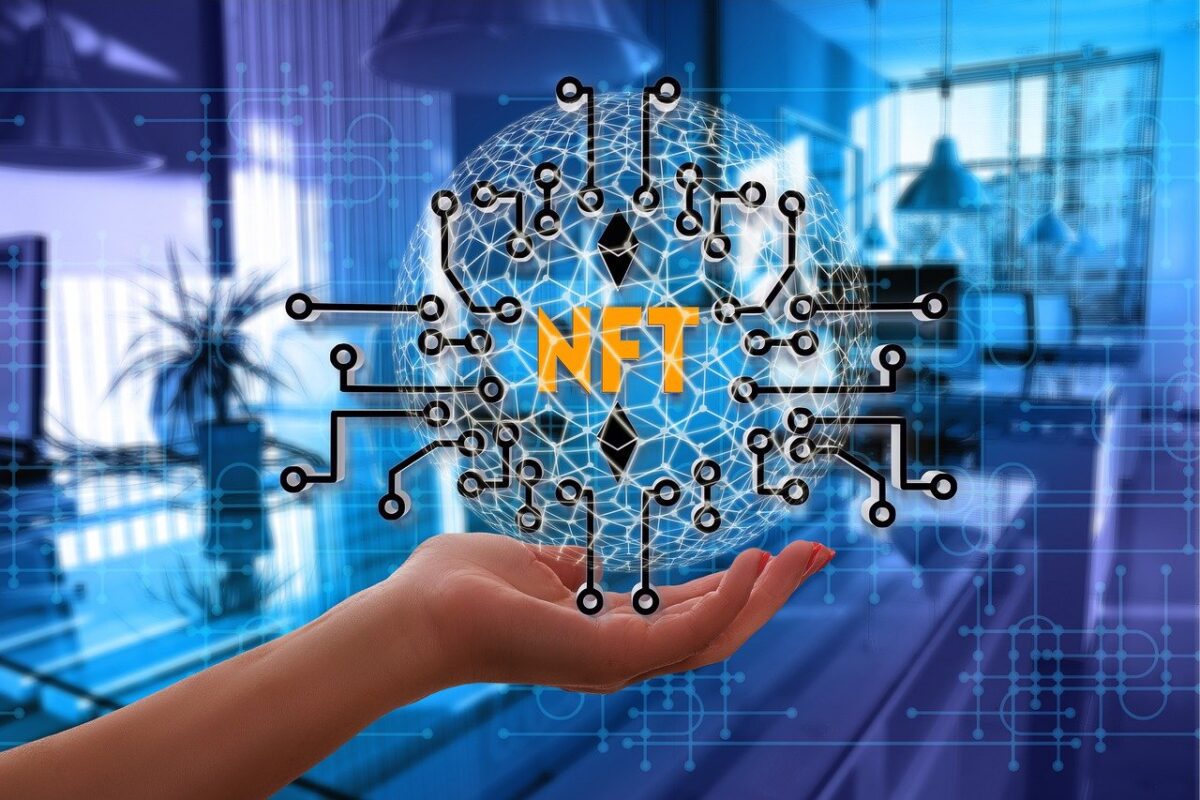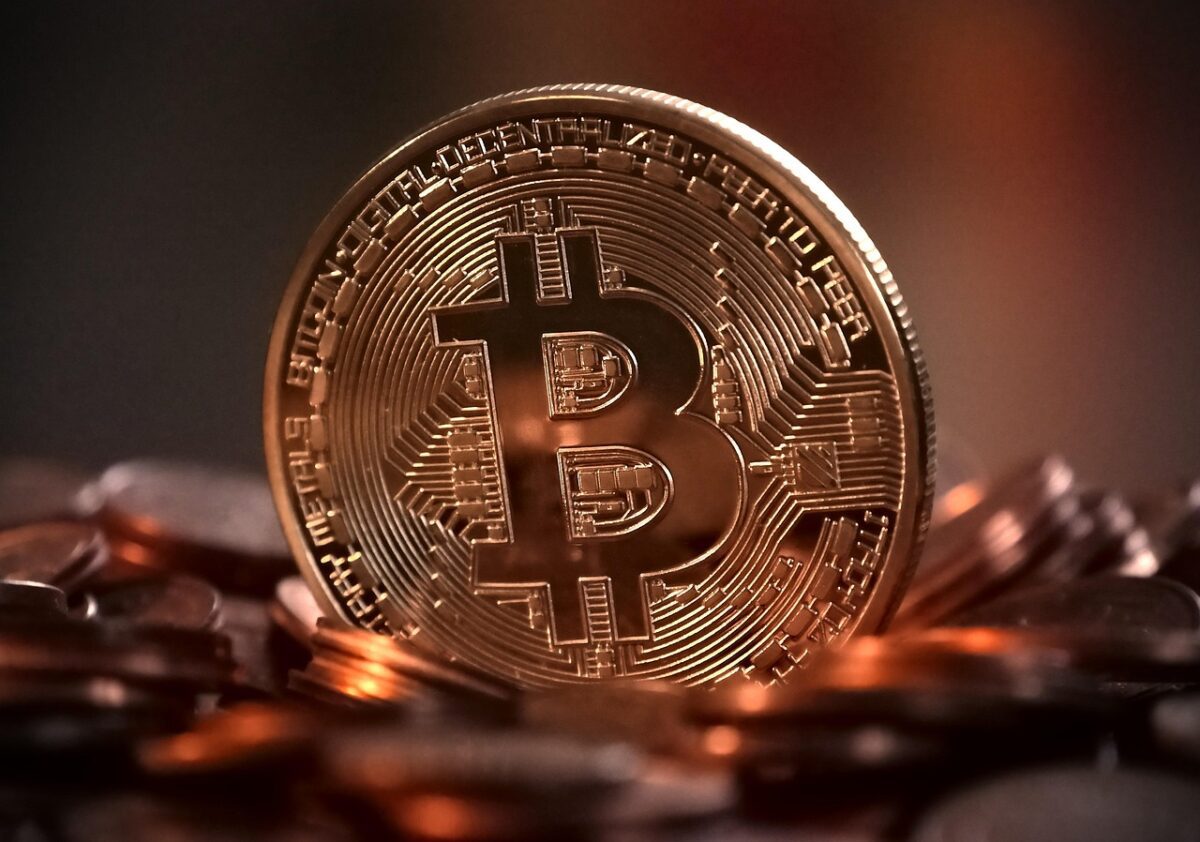
Chiliz fan tokens

Chiliz operates as a blockchain-based ecosystem enabling direct interaction between enthusiasts and their preferred teams. By acquiring digital assets representing ownership in decision-making, supporters gain unique privileges that extend beyond traditional fandom.
The Socios platform facilitates this interaction by issuing specialized digital coins tied to specific clubs. These instruments grant holders voting rights on club matters, exclusive access to events, and tailored experiences designed to deepen emotional investment.
This model enhances engagement by transforming passive spectators into active contributors within the sporting community. Supporters leverage these units to influence real-world outcomes, fostering a novel relationship between sports organizations and their audience through transparent, blockchain-verified transactions.
For teams aiming to diversify revenue streams while strengthening loyalty, integrating such cryptographic assets offers measurable benefits. Observing participation metrics reveals growing enthusiasm for this tokenized approach, highlighting its potential as a scalable solution for sustained fan interaction.
Chiliz Fan Tokens
For enthusiasts seeking direct interaction with their favorite sports organizations, acquiring digital assets tied to teams on a dedicated blockchain platform offers unique voting rights and engagement opportunities. These assets provide holders with the ability to influence club decisions through secure, transparent mechanisms embedded within the socios ecosystem.
Such digital assets operate on a specialized platform designed specifically for sports-related community involvement. By holding these coins, supporters gain access to exclusive polls, promotional rewards, and interactive campaigns that deepen fan participation beyond traditional spectating.
Technical Structure and Utility
The underlying architecture utilizes blockchain technology to ensure immutability and verifiable ownership of each asset. Smart contracts govern voting procedures, ensuring fair distribution of decision-making power among token holders. This distributed ledger framework reduces reliance on centralized intermediaries while increasing trust in governance processes.
- Voting Mechanisms: Token holders can cast weighted votes on club-related matters such as jersey designs or event choices.
- Engagement Incentives: Access to exclusive content, merchandise discounts, and meet-and-greet events enhances community loyalty.
- Rights Allocation: Different tiers of asset ownership may confer varying degrees of influence or benefits within the platform ecosystem.
A case study involving a prominent European football organization demonstrated increased supporter involvement following integration of these digital assets. Metrics showed a significant rise in active participation during key decision-making periods facilitated via the socios interface.
The platform also supports interoperability with other blockchain projects, allowing holders to transfer or trade their tokens securely across compatible marketplaces. This liquidity aspect encourages secondary market activity while preserving network integrity through cryptographic validation techniques.
The evolution of this model continues as more sports franchises adopt such tokens, experimenting with new forms of supporter interaction. Observing these developments offers valuable insights into how decentralized technologies can reshape fan experiences through technical innovation combined with strategic collaboration between clubs and their communities.
How To Buy Chiliz Tokens
The acquisition of digital assets related to sports teams on the socios engagement platform begins with registering an account on a compatible cryptocurrency exchange that supports these specific tokens. Users must complete verification procedures, including KYC (Know Your Customer) protocols, to access trading functionalities. After funding the account using fiat currency or other cryptocurrencies, users can purchase the tokens through spot trading pairs, usually against stablecoins or major cryptocurrencies like USDT or BTC.
These blockchain-based assets grant holders unique rights associated with their favorite sports teams, such as participation in voting polls and exclusive interaction opportunities. Understanding the mechanics of how these tokens operate within the socios ecosystem is essential for optimizing fan involvement and leveraging ownership privileges effectively.
Step-by-Step Purchase Process
- Create an Exchange Account: Select an exchange that lists these sports-related digital assets and complete identity verification.
- Deposit Funds: Transfer fiat or cryptocurrency into the exchange wallet to prepare for purchasing.
- Place an Order: Use market or limit orders to acquire tokens via available trading pairs.
- Secure Storage: Move acquired units to a personal wallet compatible with ERC-20 standards to maintain control over your holdings.
The integration of blockchain technology ensures transparency and immutability in transactions. Each token corresponds to a share of influence within the fan community, enabling holders to vote on club decisions ranging from kit designs to matchday activities. This decentralized approach fosters increased engagement by empowering supporters beyond traditional spectating roles.
An experimental approach involves analyzing market trends and liquidity pools on decentralized exchanges where these digital assets are also listed. Observing price movements relative to team performance or sporting events offers insight into investor sentiment and potential volatility risks. Testing wallet compatibility with various platforms enhances security practices critical for long-term asset retention within this niche of blockchain applications focused on sports fandom.
Using Chiliz Tokens In Sports
The utilization of specialized digital assets within sports ecosystems significantly enhances engagement between teams and their communities. By leveraging the Socios platform, supporters acquire specific utility units granting them unique rights such as voting on club decisions, accessing exclusive content, and participating in promotional campaigns. These utility units act as digital keys, enabling a direct line of communication and influence that traditional fan interactions rarely provide.
Integration of these assets is not limited to passive ownership; it extends to active involvement in team governance and marketing efforts. For example, several prominent football clubs have issued such tokens, allowing holders to vote on jersey designs or select celebratory choreography after victories. This innovative approach transforms supporters from mere spectators into stakeholders with measurable impact, thus reinforcing loyalty through meaningful participation.
Technical Foundations and Use Cases
The underlying blockchain infrastructure ensures transparency and security in all transactions related to these digital assets. Each token transaction is immutably recorded on a decentralized ledger, preventing manipulation and ensuring fair distribution of voting power among the community. Additionally, smart contracts automate processes such as eligibility verification for polls or reward distributions, reducing administrative overhead for sports organizations.
Case studies illustrate practical outcomes: one leading soccer team utilized the platform to conduct a poll influencing stadium music playlists during matches, resulting in increased matchday satisfaction measured via post-event surveys. Furthermore, partnerships extend beyond football; basketball and esports franchises have adopted similar models to diversify engagement channels. The scalability of these digital instruments allows them to adapt across various sports disciplines while maintaining core functionalities centered around community interaction.
Trading Strategies For Chiliz
Utilizing engagement rights associated with sports organizations offers a unique angle for trading fan-related digital assets. Observing voting patterns within decentralized platforms such as Socios allows traders to anticipate fluctuations in market demand for various club-affiliated coins. Systematic analysis of team performance, combined with the frequency and impact of governance votes, can reveal periods of heightened user activity that often precede price volatility.
Technical evaluation benefits from tracking the correlation between on-field results and token valuation shifts. Historical data indicates that successful outcomes by major football squads tend to increase interest, driving short-term price surges in related blockchain-based assets. Conversely, off-season phases or poor team performance may result in decreased transaction volumes and less favorable trading conditions.
Strategies Based on Voting and Engagement Dynamics
Voting mechanisms embedded in these digital ecosystems provide actionable insights for speculative approaches. Traders can monitor upcoming polls where holders decide on club initiatives or merchandise options, as increased community participation frequently signals growing demand for the associated utility coins. Timing entry points around these events requires close attention to voter turnout projections and sentiment analysis derived from social media channels tied to the teams.
Another approach involves leveraging staking incentives granted by platforms like Socios, where participants lock up tokens to gain enhanced voting power or exclusive rewards. This reduces circulating supply temporarily, potentially influencing price trends upward. Understanding lock-up durations and reward schedules enables traders to forecast liquidity changes and plan exit strategies accordingly.
- Analyze past voting event dates alongside price charts to identify recurring patterns.
- Use sentiment indicators derived from fan forums and official announcements to gauge enthusiasm levels.
- Monitor token distribution metrics focusing on whales versus retail holders for market stability clues.
Diversification across multiple sports franchises mitigates risk inherent in asset concentration. Different leagues exhibit distinct engagement cycles; for example, basketball-related tokens might peak during playoffs while football-based assets respond more strongly to transfer windows or championship finals. Creating a portfolio weighted by seasonal relevance supports smoother returns over time.
A systematic monitoring framework combining blockchain analytics tools with real-time data feeds from socios platforms enhances decision-making accuracy. Employing algorithmic models that integrate transactional history with off-chain factors like team announcements enables predictive capabilities surpassing manual observation alone. Continuous backtesting of strategies against historical datasets reveals optimization opportunities tailored to specific fan engagement tokens linked to sporting entities.
Risks of Investing in Sports Engagement Platforms Based on Blockchain
Investment in blockchain-based platforms that enable fan participation through digital assets linked to sports organizations requires careful analysis of governance and utility mechanisms. The operational voting systems, which allow token holders to influence decisions within the ecosystem, introduce concentration risks when a small subset of users exerts disproportionate control over community-driven outcomes.
Technical vulnerabilities also arise from platform dependency on external smart contract standards and interoperability layers. These can affect transaction finality and asset security, especially as teams onboard new functionalities to enhance fan engagement. The volatility inherent in these digital assets is compounded by fluctuating demand tied directly to team performance and market sentiment within the sports sector.
Key Technical and Strategic Considerations
- Governance Centralization: Voting power often correlates with token ownership volume, risking oligarchic decision-making rather than democratic community input.
- Smart Contract Risks: Bugs or exploits in code can compromise both asset integrity and user trust; rigorous audits remain indispensable but cannot guarantee absolute security.
- Market Liquidity Constraints: Limited secondary market activity restricts price discovery and exit strategies for investors holding engagement-related cryptographic units.
- Dependency on Team Popularity: Token value heavily depends on ongoing fan enthusiasm and team success metrics, making investment inherently speculative beyond technological factors.
The future trajectory for these interactive platforms hinges upon enhancing protocol robustness while diversifying utility models to sustain long-term holder interest. Exploring layered governance frameworks that balance voting equity with protective measures against manipulation could stabilize community dynamics.
Integrating advanced consensus mechanisms or off-chain coordination tools may reduce transactional bottlenecks, improving responsiveness during peak engagement periods such as major sporting events. Continuous collaboration between development teams and supporters promises evolutionary pathways where crypto-enabled fan involvement transcends mere speculation toward genuine participatory ecosystems.


